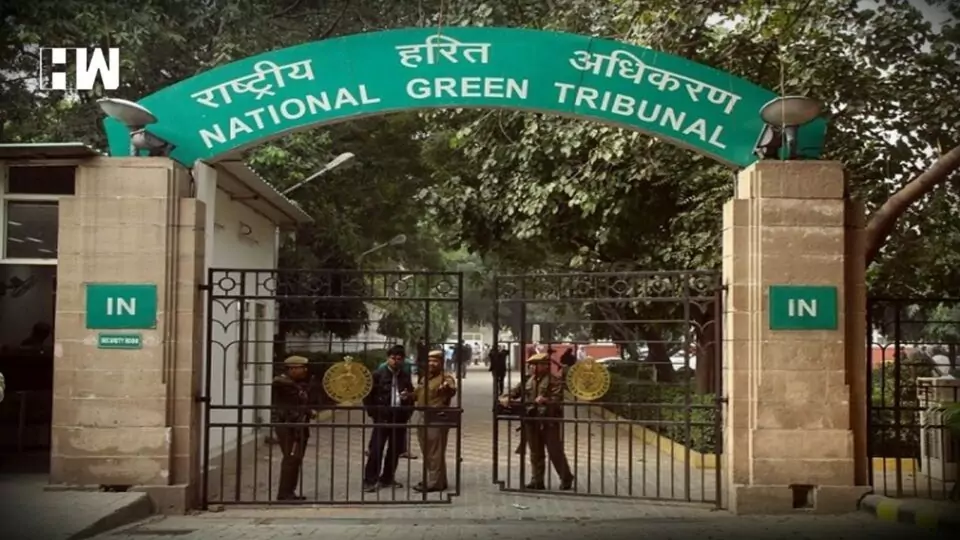The Tribunal order stated that “As per the data furnished, the gap in generation and treatment in West Bengal is 1490 MLD.”
New Delhi: National Green Tribunal (NGT) ordered the West Bengal government to pay Rs 3500 crore to compensate for the damage caused to the environment.
The compensation to the state was for allegedly not managing solid as well as liquid waste management causing harm to the environment. The Tribunal stated, “Considering damages to the environment, we hold that compensation has to be paid by the State for past violations.
The Bench headed by Justice Adarsh Kumar Goel in an order passed on September 1, 2022, said that award of compensation has become necessary under section 15 of the NGT Act to remedy the continuing damage to the environment and to comply with directions of the Supreme Court requiring this Tribunal to monitor enforcement of norms for solid and liquid waste management.
Moreover, without fixing quantified liability necessary for restoration, the mere passing of orders has not shown any tangible results in the last eight years (for solid waste management) and five years (for liquid waste management), even after the expiry of statutory/laid down timelines.
Continuing damage is required to be prevented in the future and past damage is to be restored, said the bench.
Also Read : “What Message Are We Sending?” Mumbaikars Hold Silent Protest In Support of Bilkis Bano
The Tribunal order stated that “As per the data furnished, the gap in generation and treatment in West Bengal is 1490 MLD. Thus, the liability of the State is to pay compensation of Rs. 2980 crore, rounded off to Rs. 3000 crore in view of continuing damage.”
The Tribunal also stated that this works out to Rs. 366 crore but adding 134 crore for continuing addition of unprocessed waste 13469.19 TPD, the total amount is rounded off to Rs. 500 crore.
Thus, the final amount of compensation under the two heads (solid and liquid waste) is assessed at Rs. 3500 crore which may be deposited by the State in a separate ring-fenced account within two months, to be operated as per directions of the Chief Secretary and utilised for restoration measures, including preventing discharge of untreated sewage and solid waste treatment/processing facilities.
“It will be done as per the appropriate mechanism for planning and execution that may be evolved, within three months. If violations continue, liability to pay additional compensation may have to be considered. Compliance will be the responsibility of the Chief Secretary,” directs the Tribunal.
(Except for the headline, this story has not been edited by HW News staff and is published from a syndicated feed.)
As an independent media platform, we do not take advertisements from governments and corporate houses. It is you, our readers, who have supported us on our journey to do honest and unbiased journalism. Please contribute, so that we can continue to do the same in future.

